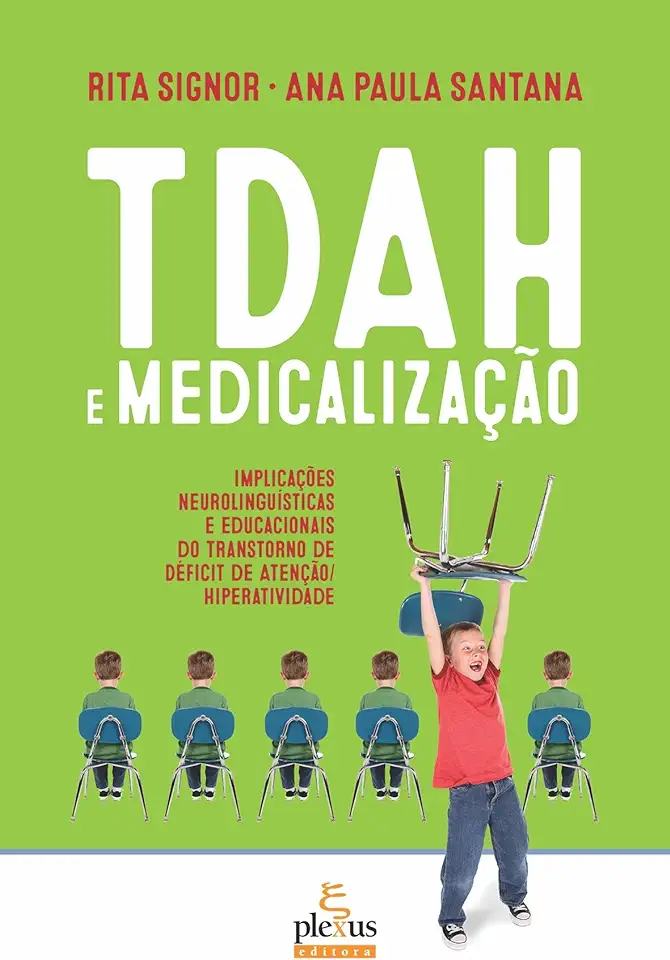
ADHD AND MEDICALIZATION - SIGNOR, RITA / SANTANA, ANA PAULA
ADHD and Medicalization: A Critical Perspective
Introduction
In their book "ADHD and Medicalization," Rita Signor and Ana Paula Santana offer a critical examination of the medicalization of attention deficit hyperactivity disorder (ADHD). They argue that the diagnosis of ADHD has become increasingly common in recent years, and that this is due in part to the influence of the pharmaceutical industry. They also contend that the medicalization of ADHD has had a number of negative consequences, including the over-medication of children and the stigmatization of those with ADHD.
The Medicalization of ADHD
Signor and Santana begin by tracing the history of ADHD, from its origins in the early 1900s to its current status as one of the most common mental health disorders in children. They argue that the medicalization of ADHD has been driven by a number of factors, including the rise of the pharmaceutical industry, the increasing use of standardized testing in schools, and the changing cultural norms around childhood behavior.
The authors also discuss the role of the pharmaceutical industry in the medicalization of ADHD. They argue that the pharmaceutical industry has a vested interest in promoting the diagnosis of ADHD, as this leads to increased sales of ADHD medications. They also contend that the pharmaceutical industry has influenced the research on ADHD, leading to a bias in favor of medication.
The Consequences of Medicalization
Signor and Santana argue that the medicalization of ADHD has had a number of negative consequences. They contend that the over-medication of children with ADHD can lead to a number of side effects, including weight gain, insomnia, and irritability. They also argue that the stigmatization of those with ADHD can lead to social isolation, bullying, and discrimination.
The authors also discuss the impact of medicalization on the lives of children with ADHD. They argue that the medicalization of ADHD can lead to children feeling like they are different from their peers, and that they need to be medicated in order to be successful. They also contend that the medicalization of ADHD can lead to children losing their sense of agency and control over their own lives.
Conclusion
Signor and Santana conclude by arguing that the medicalization of ADHD is a serious problem that needs to be addressed. They call for a more critical approach to the diagnosis and treatment of ADHD, and for a greater emphasis on non-medical interventions.
Why You Should Read This Book
"ADHD and Medicalization" is a must-read for anyone interested in the medicalization of mental health disorders. Signor and Santana provide a well-researched and thought-provoking critique of the medicalization of ADHD, and they offer a number of important insights into the consequences of this trend. This book is essential reading for anyone who wants to understand the current state of mental health care in the United States.
Where to Buy
"ADHD and Medicalization" is available for purchase from a variety of online retailers, including Amazon, Barnes & Noble, and Google Play.
Enjoyed the summary? Discover all the details and take your reading to the next level — [click here to view the book on Amazon!]